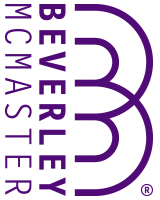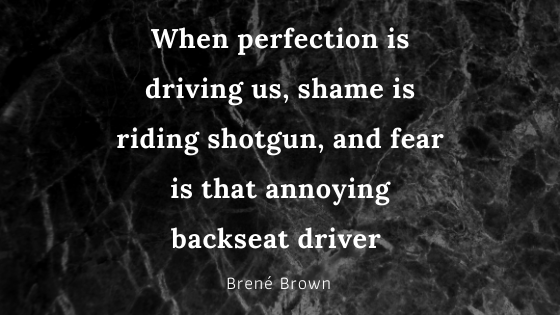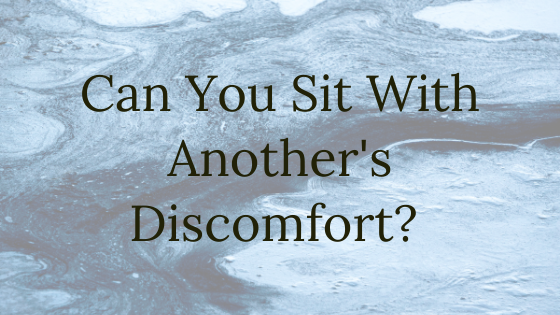If you want to change you need to interrupt your embodiment. You are the embodiment of you. To what degree is that working for you?
To quote my friend Francis Briers “Embodiment is the exploration of the body as a lived experience rather than an object”
In life, in leadership, the body is with you. You are your body. Far more than your brain
Still with me? Or perhaps a ‘what??’
Your professional competence as a leader is embodied. It cannot not be.
Does this help? In your body …
How does your pattern to rush live?
How about deep listening?
How does excitement live?
And your reaction to bad news?
When the path is not clear?
How does anger, frustration or despair live in your body?
And love, joy, delight, happiness?
How does asserting your opinion live in your body?
How does saying No, saying Yes live in your body?
Simple examples? Take a challenge, something you face now - how does that live in your body?
What have you embodied that helps - or hinders? How can you interrupt the hinderance? Through the body. You have to see and know the pattern before you can interrupt it.
If you want to change you need to interrupt your embodiment.
Do you want or need to?
This is what I help with. Contact me here if you would like to know more.






























